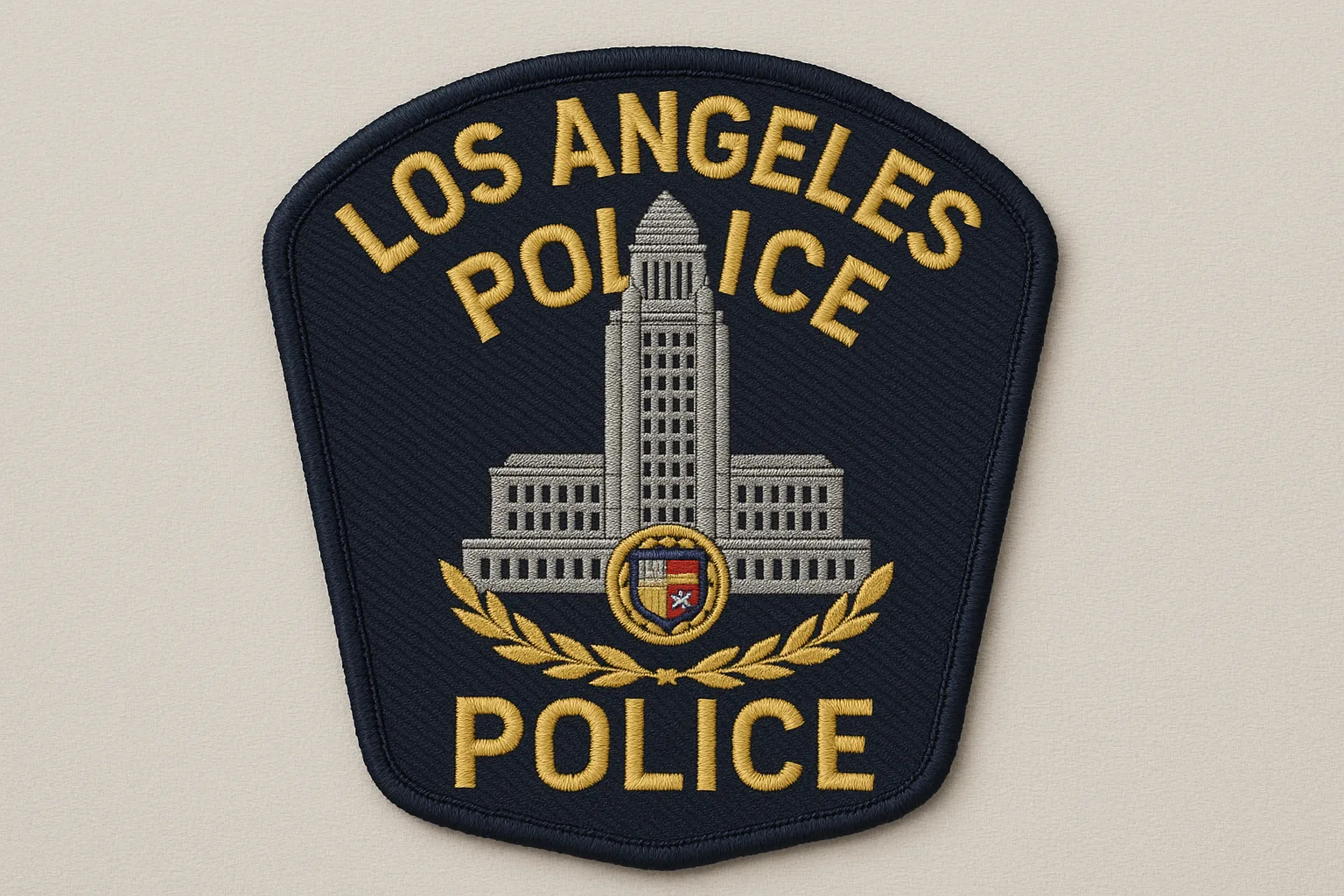👉 Click here to read the article at the original site

By Yaeli RamirezOctober 29, 20250 comments
LOS ANGELES, CA – As mental health crises surged between 2021 and 2022, the Los Angeles Police Department created a Mental Evaluation Unit, or MEU, whose mission was “to respond to calls for service that may involve mental health crises,” according to the Los Angeles City Controller’s Office. LAPD stated that “the MEU’s mission is to reduce the potential for violence during police contacts involving people experiencing mental illness while simultaneously assessing the mental health services available to assist them.”
This initiative followed a series of tragic incidents in January 2023, when three people experiencing mental health crises were fatally shot by police officers.
On Tuesday, Los Angeles City Controller Kenneth Mejia released an assessment evaluating the LAPD and its MEU program. The Controller’s Office said the assessment focused on the Systemwide Mental Assessment Response Team (SMART) units, which are “LAPD’s co-response teams of armed LAPD officers and LA County Department of Mental Health clinicians who arrive at mental health-related service calls.” These teams are meant to support patrol officers, who currently serve as the first responders in such situations.
The report revealed that LAPD “requires an armed, police-first, patrol-first response to incidents involving mental health crises.” The Controller’s Office found that “LAPD policy designates armed patrol units as primary responders, and SMART units, which consist of one armed officer and one mental health clinician, as secondary responders.” Details on SMART unit operations and use-of-force policies remained “vague,” as LAPD still lacks “clear parameters for engaging with people in mental crisis.”
SMART units are intended to relieve patrol officers from mental health-related calls. One key measure of LAPD’s effectiveness, the Controller’s Office found, is how quickly SMART units can relieve first responders. The assessment concluded that “LAPD does not give the necessary tools to SMART to achieve MEU’s goals.” The report cited several concerns, including that “MEU’s policy mandates always handcuffing people in mental health crises,” that “MEU officers do not receive specialized training,” and that SMART officers must be armed and serve only as secondary responders.
Councilmember Nithya Raman criticized the findings, stating, “The report underscores that we urgently need a true citywide unarmed crisis response program, one that allows for many more mental health calls to be handled by trained clinicians and social workers.”
Councilmember Eunisses Hernandez added, “Since 2021, anywhere from 35% to 41% of LAPD shootings involve people in crisis, which lead to significant harm, death, and liability costs. Our public safety ecosystem has teams that are specifically trained to handle mental, behavioral, and emotional health crises, and it is our duty to expand these citywide.”
According to the Controller’s Office, among the key findings and recommendations were the following: LAPD requires a patrol-first, armed response to mental health calls; LAPD places excessive emphasis on 5150 holds; MEU/SMART officers receive no specialized training; and LAPD’s mental health intervention training has little impact on use-of-force outcomes.
The Controller’s report recommended that LAPD revise its policies and procedures to allow SMART teams to lead responses to certain incidents involving people with mental illness when no weapons are present. It also called for collaboration with the LA County Department of Mental Health to expand clinicians’ roles in MEU operations.
The report further urged LAPD to require refresher courses for MEU officers, revise its use-of-force and de-escalation policies to reflect best practices, develop systems to track MEU’s impact on mental health incidents, and provide clearer guidance for patrol officers responding to mental health calls.
Finally, the Controller noted that “the city spends $12.8 million in MEU staffing alone” and recommended that the City Council and mayor continue to support and fund the Unarmed Model of Crisis Response pilot program and consider expanding it if successful.